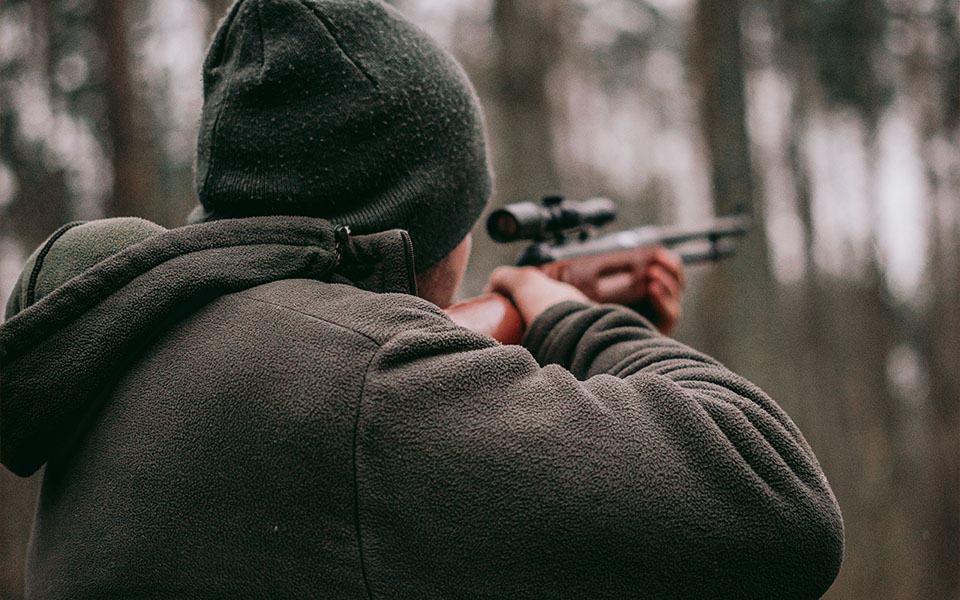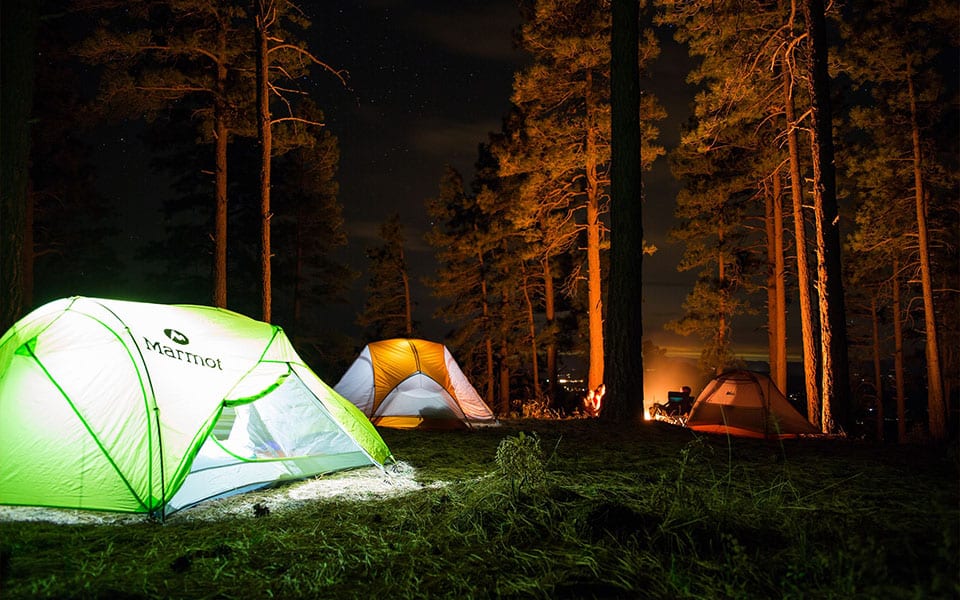Are you an adventurer seeking the perfect combination of camping and hunting? While these two activities offer exhilarating experiences in the great outdoors, combining them can be a challenge. You might need help to plan the logistics and gear needed for a successful adventure. You could also be faced with diverse terrains and weather conditions while having to ensure the safety of both you and the wildlife you encounter.

But don’t worry! With this five-step guide, you can overcome these challenges and create the ultimate outdoor adventure. Whether you’re a new hunter or a seasoned camper, this guide will help you make the most of your wilderness experience. So let’s dive in and discover how to make the most of your camping and hunting adventure.
1. Secure A Hunting Lease
It’s important to secure a hunting lease to ensure legal access to private land for hunting. This agreement not only prevents accidental trespassing but also ensures that you are hunting responsibly and following the law.
When looking for a hunting lease property, you have two options: contacting local landowners or visiting hunting locators online.
Researching and understanding the lease agreement before finalizing your decision is critical. Pay close attention to any restrictions or regulations, including the designated hunting season, allowed game species, and any additional rules the landowner sets. This approach ensures you fully comply with all laws and regulations while hunting and camping on the leased property.
2. Create A Detailed Plan
Once you have settled on a hunting lease, it’s time to plan your trip. This step would make organizing your gear and supplies for hunting and camping easier. Start by determining the duration of your trip and the specific activities you want to engage in. Will you focus more on hunting, or do you want to spend equal time on both hunting and camping?
Next, create a detailed itinerary that includes important information such as the dates of your trip, the location of your hunting lease, and any specific hunting regulations or permits required. It’s also important to consider the weather conditions during your planned trip dates, as they can affect your hunting and camping experience.
For example, if you plan to hunt elk in the Rocky Mountains, it’s advisable to check the weather forecast and pack appropriate gear for potentially harsh conditions. Elks are most active during the rutting season, usually in the fall (September and October). Scheduling your trip during this season can maximize your hunting opportunities.
3. Pack The Essentials
Before heading out on your hunting and camping trip, it’s important to pack the essential equipment for both purposes. Start by selecting functional and durable gear that will enhance your outdoor experience.
Prepare your hunting gear, including your firearm or bow, appropriate ammunition, and necessary accessories such as binoculars and a rangefinder. For camping gear, choose lightweight and compact options to make transportation easier. Essential camping items include a tent, sleeping bag, stove, cookware, water filter, and foldable chair. Pack enough food, water, and personal supplies for your trip to ensure you have everything you need while in the wilderness.
For example, packing a high-quality headlamp can make navigating your campsite in the dark easier, and a portable and lightweight cooler can keep your perishable foods fresh for longer. With these essential items, you can ensure comfort, safety, and convenience during your hunting and camping adventure.

4. Familiarize Local Hunting And Camping Regulations
Before heading out on your expedition, it’s vital to familiarize yourself with the local hunting and camping regulations. These regulations vary by state and property, and ensure the safe practice of outdoor activities and wildlife conservation. Violating these regulations can lead to legal issues and negatively impact the environment.
To comply with your chosen location’s hunting and camping regulations, research and understand factors such as hunting seasons, bag limits, and any special permits or licenses that may be required. Additionally, familiarize yourself with camping regulations such as designated campsites, fire restrictions, and waste disposal guidelines.
By becoming familiar with these regulations, you can ensure a responsible and lawful hunting and camping experience that benefits you and the environment.
5. Set Up Camp Strategically
To optimize your hunting efforts, strategic campsite selection is a must. Choosing a location that offers a good vantage point and easy access to hunting areas is essential. Look for natural features such as ridges or valleys that provide cover and concealment, giving you a tactical advantage.
When setting up camp, consider wind direction and thermals. Positioning your campsite upwind of the hunting grounds can help mask your scent, allowing you to get closer to your game and increase your chances of a successful hunt. Minimizing noise is also advisable to avoid alerting nearby wildlife and to minimize disturbance around your campsite.
A prime example of a strategic camping spot is a camp on the edge of a field. This location lets you observe game movements without intruding on their natural habitats. By carefully selecting your campsite, you can enhance your hunting experience and significantly increase your chances of success.
Blending Hunting And Camping For Unforgettable Memories
As an outdoor enthusiast, combining hunting and camping can provide a unique and rewarding experience. By following these practical tips, you can plan and execute a hunting and camping trip that allows you to make the most of both activities. Remember to respect nature, follow local regulations, and always prioritize safety.
So grab your gear, pitch your tent, and get ready to embark on an unforgettable quest in the great outdoors.